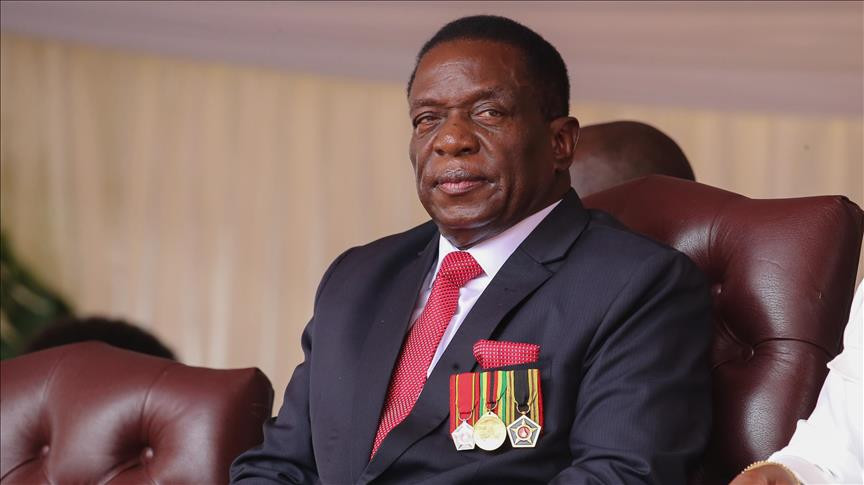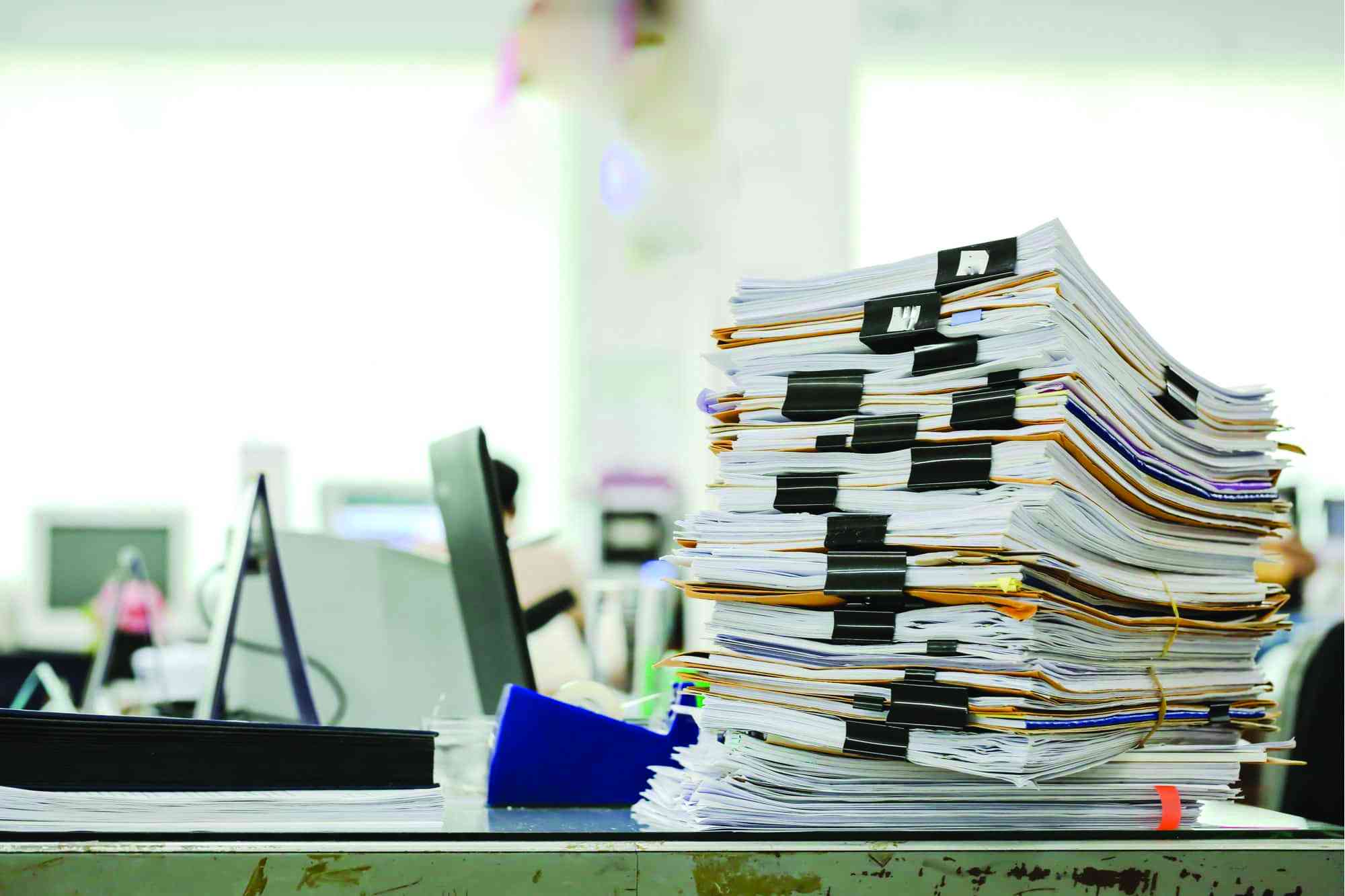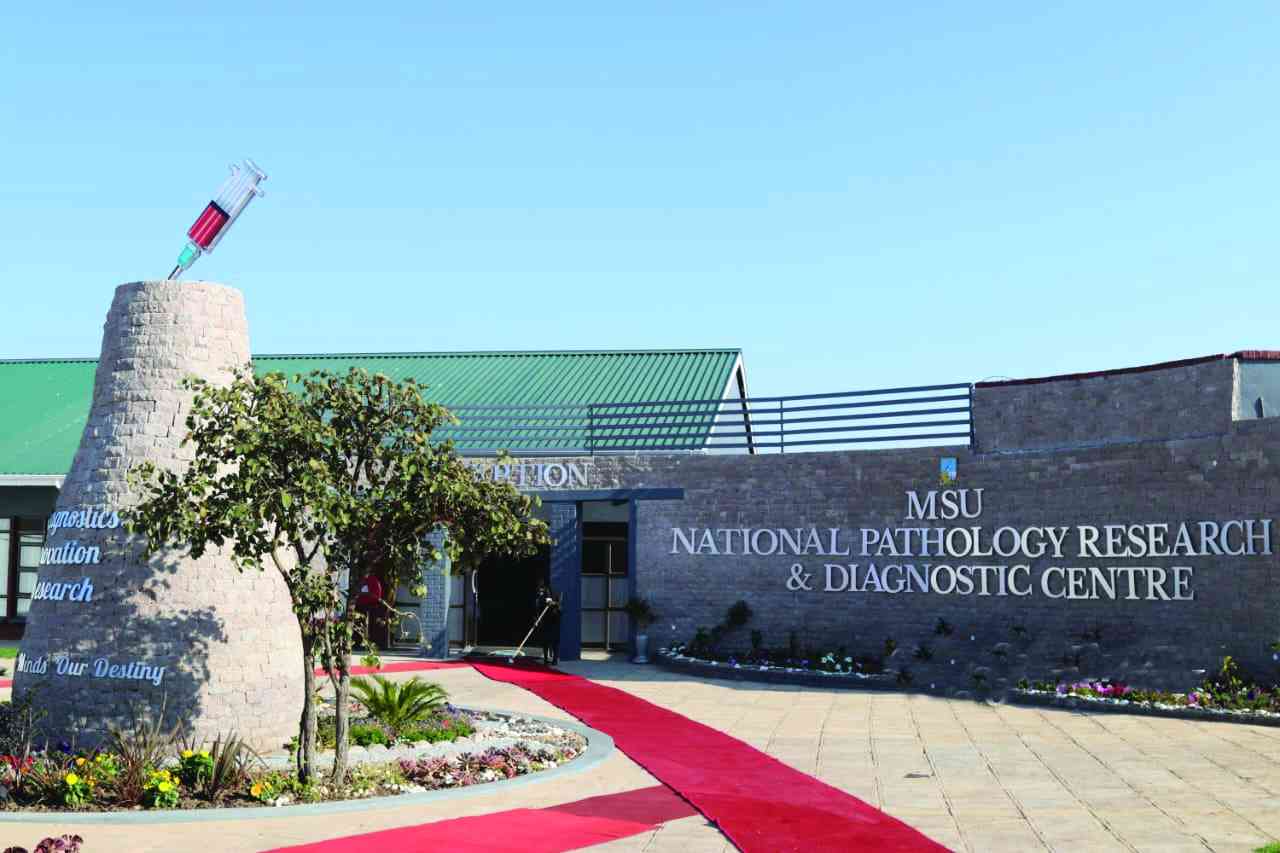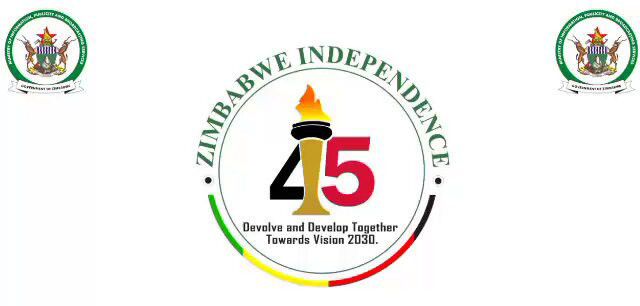
ZIMBABWE’S pariah state status in the eyes of the international community remains unchanged.
If anything, it has become further entrenched.
This is despite President Emmerson Mnangagwa’s 2017 promises of progressive reforms at the dawn of the “Second Republic.”
For a brief moment, even though Mnangagwa seized power through a military coup that ousted longtime ruler Robert Mugabe, his rise was met with cautious optimism. However, critics of authoritarian regimes — particularly Zanu PF’s repressive governance — remained sceptical.
They were right.
They warned that Mnangagwa was incapable of meaningful reform. Widely regarded as Mugabe’s enforcer, he is alleged to have played a key role in orchestrating some of the most brutal human rights violations under the late dictator.
Mnangagwa was Minister of State Security in the 1980s during the Gukurahundi massacres, Mugabe’s campaign to crush Joshua Nkomo’s Zapu.
According to the Catholic Commission for Justice and Peace in Zimbabwe, an estimated 20 000 civilians were killed.
- Ziyambi’s Gukurahundi remarks revealing
- Giles Mutsekwa was a tough campaigner
- New law answers exhumations and reburials question in Zim
- Abducted tourists remembered
Keep Reading
Some of the darkest chapters of Mugabe’s rule include the violent and disputed 2002 and 2008 elections. Opposition supporters and activists were tortured and murdered as Zanu PF clung to power.
Today, under Mnangagwa, Zimbabwe’s human rights record continues to deteriorate. If anything, he has refined Mugabe’s dictatorship, tightening his grip while trampling on basic freedoms. With loyalists now scheming to extend his rule beyond the constitutional limit of 2028, repression has only intensified.
Under Mnangagwa, Zimbabwe’s human rights situation has been appalling. Through a toxic mix of legal persecution and brute force, his regime has weaponised state institutions to crush dissent and dismantle civil society.
Amnesty International’s latest report, State of the World’s Human Rights, highlights how freedoms of expression and assembly remain under siege. The controversial Private Voluntary Organisations Act, which grants the government powers to control non-governmental organisations, stands out as a glaring example of Zimbabwe’s authoritarian rule.
Mnangagwa has also overseen two flawed elections, the most recent in 2023 being outrightly rejected by Southern African Development Community observers. Meanwhile, journalists face harassment, activists are jailed, and dissent is criminalised.
Yet, rather than enact real reforms, the government has squandered millions on international public relations firms in a futile attempt to whitewash its image.
True change will not come from glossy rebranding. It can only come from upholding human rights, ending repression, and respecting democratic principles.
Until then, Zimbabwe’s global standing will remain in the gutter.











